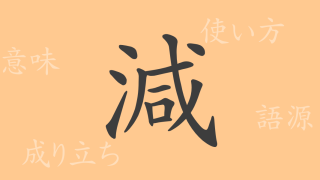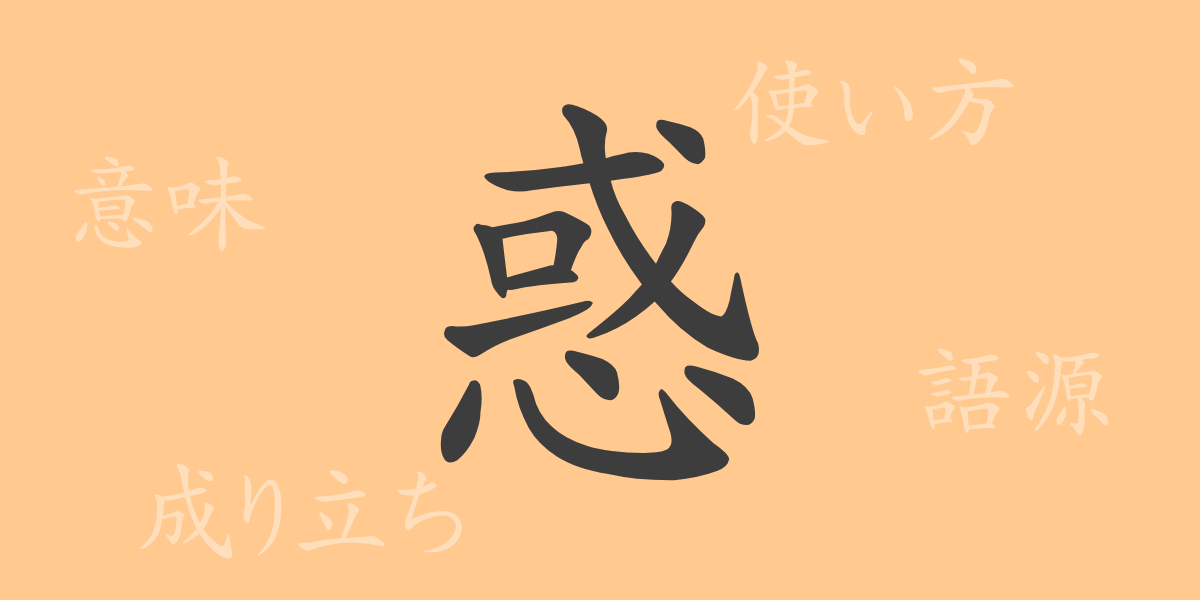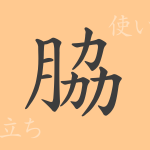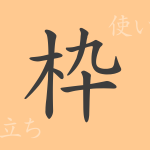The meaning of a single kanji (漢字) character is deeply rooted in its form and history. The commonly used kanji in Japan, “惑” (waku), is no exception. In this article, we delve into the intricate origins and modern usage of “惑” (waku). Let’s explore the world of “惑” (waku) together, while appreciating the profoundness of Japanese culture and language.
Origins of 惑 (waku)
The kanji “惑” (waku) traces its origins back to ancient China. Its form is composed of the radical “心” (kokoro), which represents the heart, combined with “或” (waku), indicating susceptibility to external influences. “或” (waku) includes “戈” (hoko), symbolizing an attack or influence from outside. Therefore, “惑” (waku) depicts a heart disturbed by external influences. Over time, this kanji was introduced to Japan and developed its unique characteristics.
Meaning and Usage of 惑 (waku)
“惑” (waku) is mainly used to signify a disturbed mind, confusion, or being led astray. In everyday language, you might often hear it in the form of “迷惑” (meiwaku), which refers to causing trouble or inconvenience to others, literally disturbing someone’s mind. Additionally, “惑星” (wakusei) means “planet,” a term derived from ancient China where celestial bodies deviated from their regular orbits.
Reading, Stroke Count, and Radical of 惑 (waku)
The kanji “惑” (waku) has unique readings and structure within the Japanese language.
- Reading: On’yomi (音読み) as “ワク” (waku), Kun’yomi (訓読み) as “まど・う” (mado.u)
- Stroke count: 12 strokes
- Radical: 心 (kokoro)
Idioms, Proverbs, and Phrases Using 惑 (waku)
There are numerous idioms, proverbs, and phrases in Japanese that include “惑” (waku). For example, “迷惑” (meiwaku) means to cause inconvenience or trouble to others. “惑星” (wakusei) refers to a planet within the solar system. “惑わす” (madowasu) means to disturb or confuse someone’s mind. In proverbs, “惑わされる者は常に心に余裕がない” (madowasareru mono wa tsune ni kokoro ni yoyū ga nai) implies that those who are easily confused or misled always lack peace of mind. These expressions aptly describe Japanese emotions and behaviors.
Summary of 惑 (waku)
The kanji “惑” (waku) encompasses a variety of meanings related to the movement of the heart, rooted in its form and etymology. The usage of “惑” (waku) in Japanese helps convey subtle nuances of human emotions and actions. The idioms and phrases derived from this single character showcase the richness of the Japanese language, making it invaluable for deepening one’s understanding and learning of Japanese. Through “惑” (waku), one can perceive the culture and psychology embedded in the language.
“`

























